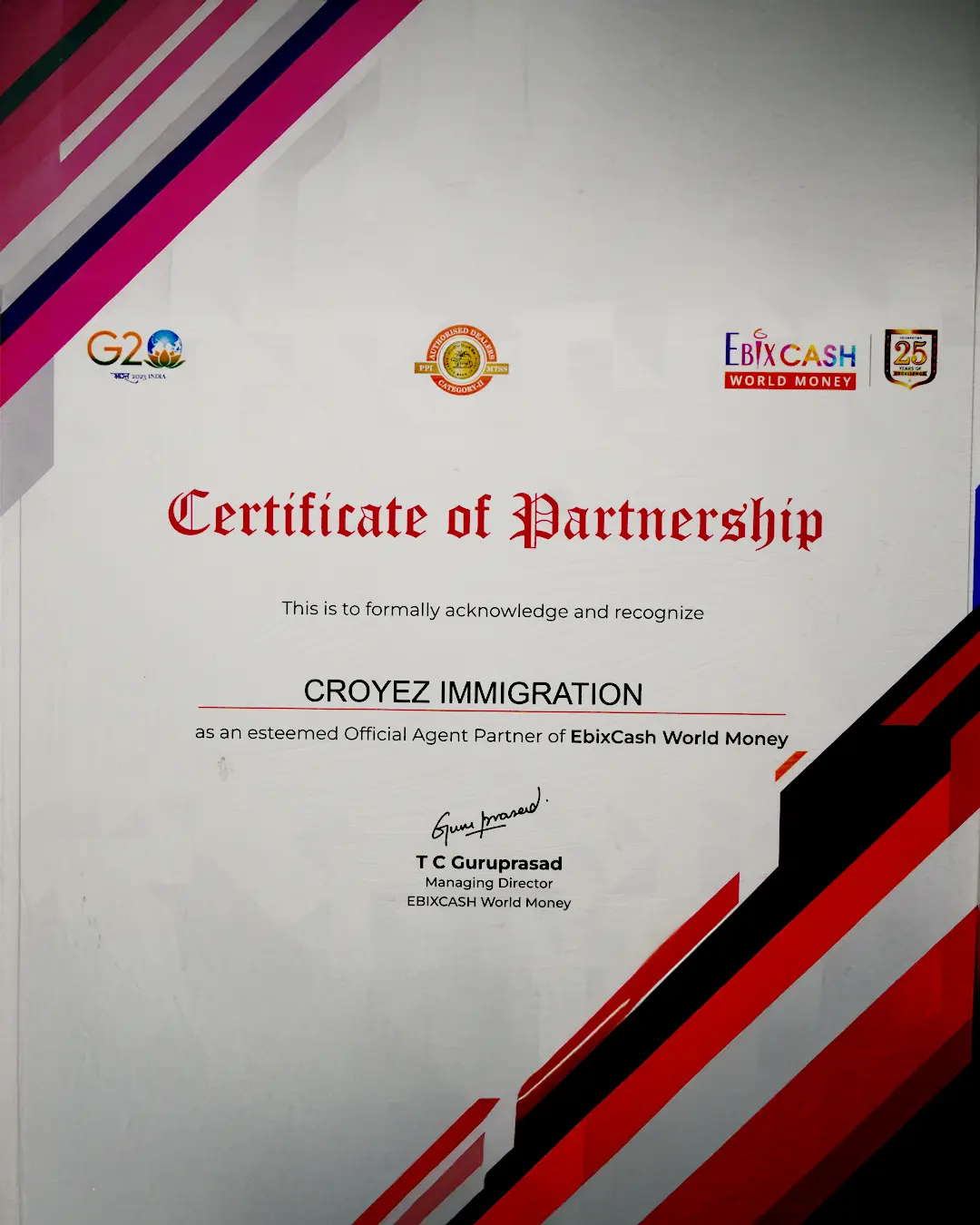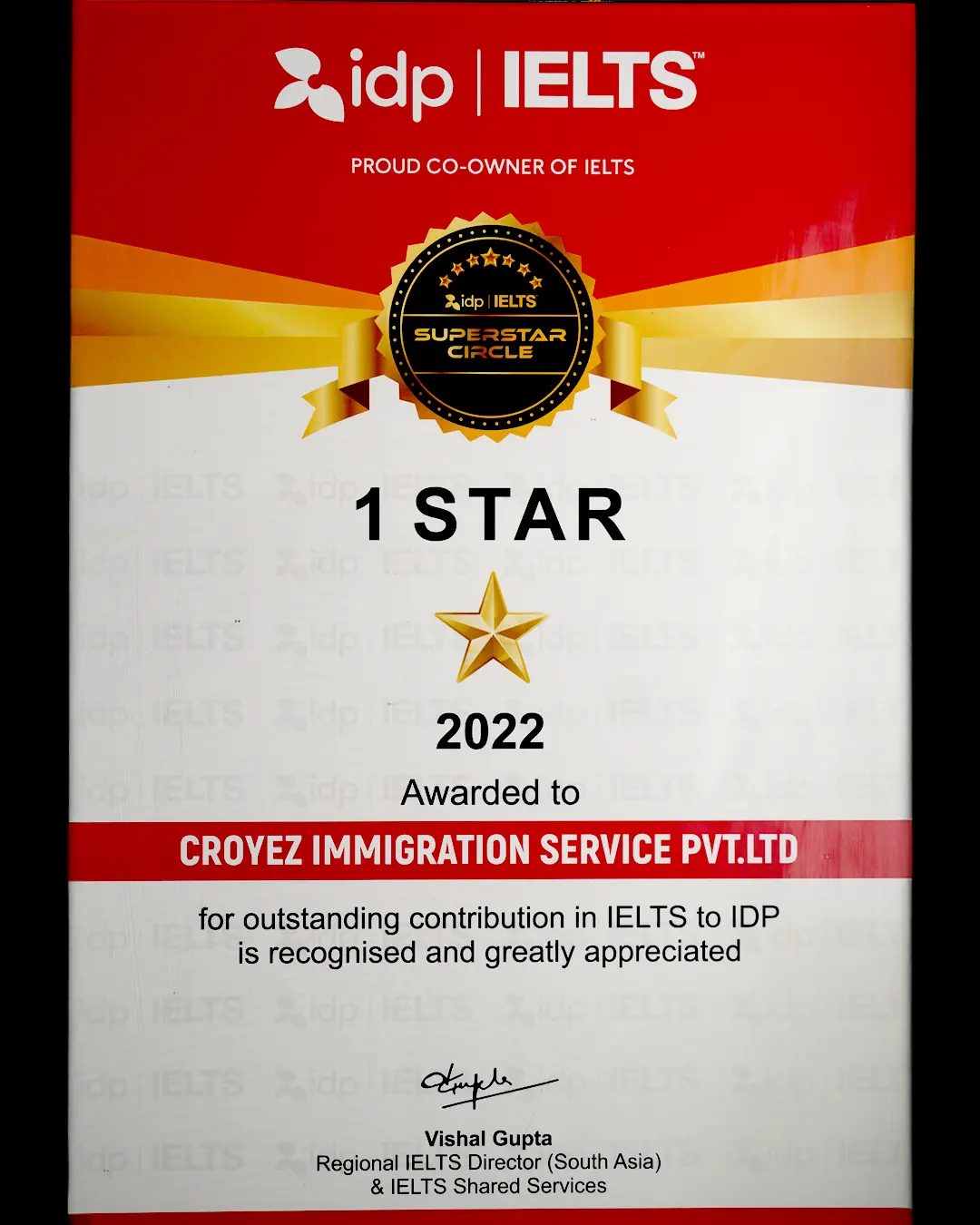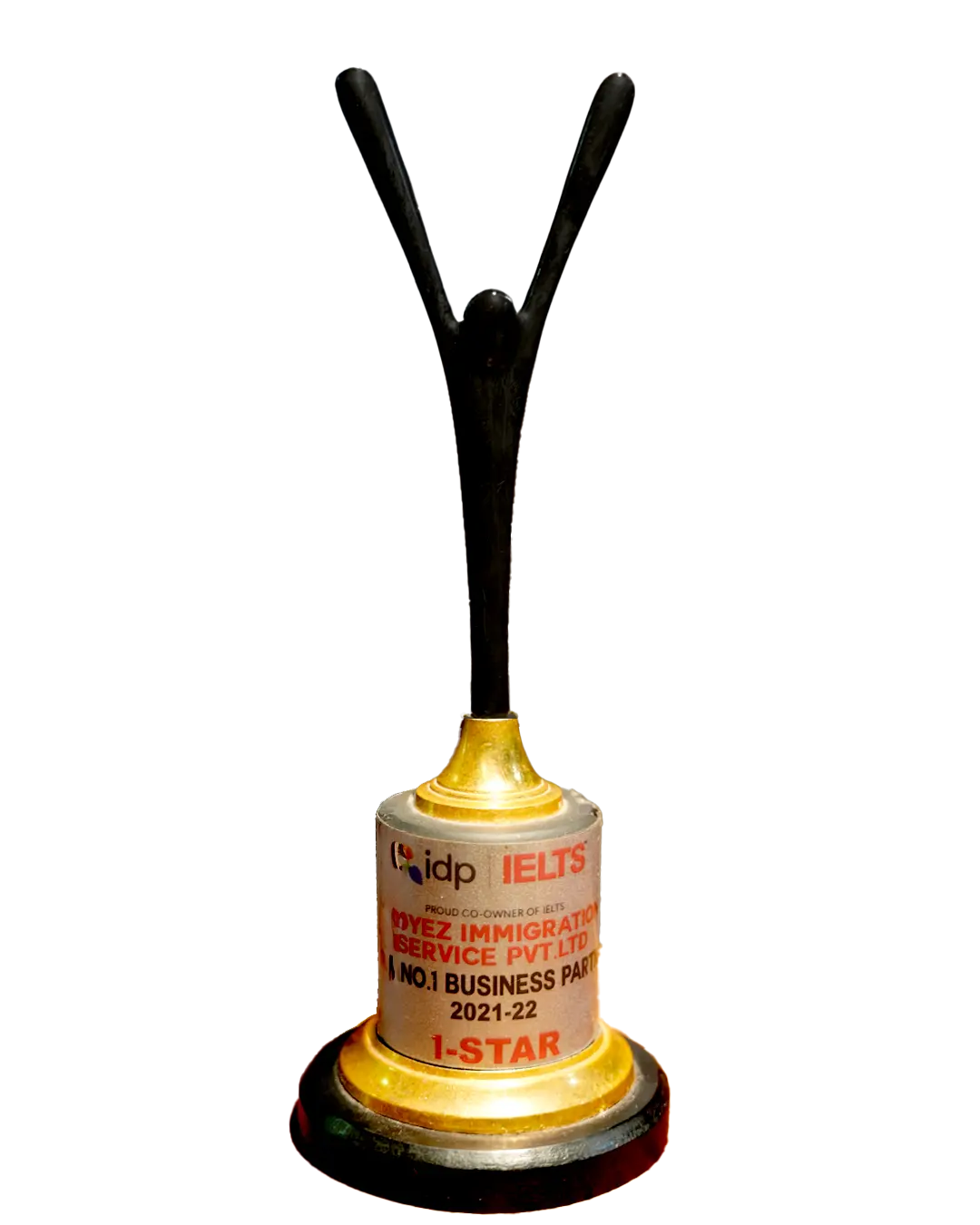Provincial Nominee Program Canada
With an abundance of employment options spread throughout its provinces and territories, Canada is a varying economic country. Discover a region that boasts stunning historical sites, snow-capped mountains, lengthy coasts, amazing hiking routes, expansive plateaus, and verdant valleys, all of which combine contemporary conveniences with stunning blue hues.
The Provincial Nominee Program (PNP) has been a huge success and is an essential instrument for economic development across Canada. Its creation encourages spending, entrepreneurship, investment, and employment, making it a major economic drive.
What is the Provincial Nominee Program (PNP)?
Provinces can propose immigrants who fit their particular economic needs through the Provincial Nominee Program (PNP), allowing them to reside in those provinces. The PNP was created in 1998 to assist provinces and territories in luring immigrants capable of meeting their labor needs. Since then, it has emerged as the immigration route with the quickest rate of growth leading to permanent residence in Canada. A province will welcome you if you can help it become more prosperous.
Why Did PNP Come into Existence?
Immigrants typically choose to settle in the provinces where they have friends, family, or coworkers, which can result in an uneven population distribution and economic disparities across Canada. The Provincial Nominee Program was established to address this issue, enabling provinces to extend invitations to immigrants whose profiles match their labor market requirements. This program, which balances the differences between high and low economic regions, is a crucial component of Canada’s economic strategy.
- There is no need to fear if you do not have the Comprehensive Ranking System (CRS) score needed for the most recent Express Entry draw. One door opens as the other closes.
- The Provincial Nominee Program is still an option for immigrants seeking permanent residence in Canada. The PNP is a practical and easily accessible immigration route.
- In Canada, the federal government and the provincial and territory governments share responsibility for the immigration selection process.
- People can locate opportunities that are specific to their experiences and skill set through Canada’s provincial nominee program, which increases the likelihood that they will settle successfully in the province of their choice.
Examples of PNP
In Canada, the federal government and the provincial and territory governments share responsibility for the immigration selection process. People can locate opportunities that are specific to their experiences and skill set through Canada’s provincial nominee program, which increases the chance that they will settle successfully in the province of their choice.
Because every province has different demographic demands, each PNP has its eligibility standards and criteria. For instance, one province can prioritize language abilities, like fluency in French, while another might look for immigrants with experience in particular trades.
In general, provinces can draw people who can work, settle, and actively participate in their communities by implementing Provincial Nominee Programs. Provinces typically favor immigrants who have some sort of link to them, whether it be through prior employment or education or through having a job offer from a local company.
Permanent Residence through PNP
There are several benefits for those who apply for a Permanent Resident visa through the Provincial Nominee Program (PNP), including the addition of 600 CRS points to their profile.
They can now apply directly for a Permanent Resident visa through the IRCC due to this innovation. A key element of Canadian immigration policy, the PNP is anticipated to admit about 250,000 permanent residents between 2021 and 2023.
Benefits of the PNP program
The PNP speeds up the permanent residency application process in Canada. Applicants are allowed to live and work in Canada for as long as they like after being nominated.
Furthermore, after they settle in Canada, it gets easier to obtain citizenship. Young immigrants with strong language proficiency, advanced degrees, relevant work experience, and previous ties to Canada benefit most from the program. The chances of swiftly assimilating into the Canadian labor market are higher for those who join through the PNP.
According to research, PNP immigrants typically had greater incomes, higher employment and labor participation rates, and a decreased chance of unemployment.
Ways to apply for Canada PNP?
Many immigrants pick PNP for the main reason that, even if their profile does not fit the express entry program, they still qualify. They are qualified for the Provincial Nominee Program if they possess the necessary abilities to meet the demands of the local labor market.
In Canada, there are two methods to apply for the Provincial Nominee Program:
- Non-Express Entry Method
- Express Entry Method
1. Non-Express Entry Method
Applying directly to the regions or territories where their talents are needed is possible for immigrants using this method. They have to send the relevant province an Expression of Interest (EOI) to start the process.
- The person’s interest in applying to that province is indicated in the EOI.
- The province will send out a Notification of Interest (NOI) if their profile is chosen.
- The person will be given a deadline to turn in all required paperwork after getting the NOI. Following submission, the province will compare the documents to the individual’s National Occupation Code (NOC).
- The person will get a Letter of Invitation (LOI) if all goes according to plan. Once they obtain the LOI, 600 CRS points will be added to their profile.
2. Express Entry Method Provincial Nominee Program Canada
Immigrants must apply using the Express Entry system to build an Express Entry profile. This gives individuals the freedom to choose any province or area. They can then apply for provincial nomination by the openings in that area.
The Express Entry visa has historically been a well-liked entry method into Canada. There is no reason to be concerned if a person does not get the necessary CRS score for Express Entry. They can apply for the Provincial Nominee Program (PNP), a simple path to permanent residency if their score is approximately 400. The benefit here is that their CRS score will rise by 600 points after they are nominated.
For immigrants whose profiles are not chosen through the Express Entry system, the Provincial Nominee Program is an excellent opportunity. Before nominating immigrants, all provinces must work with the Canadian government. Nonetheless, the procedures used in Quebec, Nunavut, and the Northwest Territories differ; Quebec runs its own Provincial Nominee Program separately from the others.
3. Business Immigration Program
For those wishing to launch or invest in a Canadian company, the Provincial Nominee Program also offers business immigration choices. Each province has different standards for net worth and investment levels.
There are four categories in this:
- Start-up Visa
- Entrepreneurs
- Investor Visa
- Self-Employed
Also, it is usually anticipated that immigrants have previous experience managing a firm. The following are some advantages that Canadian provinces receive from new business establishments:
- Improving local communities’ well-being
- Lowering the rate of unemployment Growing demand for jobs
To start a business, certain provinces demand a certain level of work experience, while others may require two to five years of full-time employment. Furthermore, some regions might demand prior experience without giving a certain number of years.
1.Investor Visa Program
The purpose of the Investor Programs is to draw business professionals and their funds to Canada. These initiatives seek to attract qualified businesspeople who can use their investments to support the expansion of Canada’s economy.
An immigrant and their family members may be eligible for permanent residency in Canada if they fulfill all requirements for the Canadian Investor program. For foreigners who want to immigrate to Canada on an investment visa, several provinces provide routes.
Candidates may apply through the Provincial Nominee Program’s investment stream. Depending on its demands, market prospects, and economic circumstances, each province will establish its own eligibility requirements and regulations. In order to enter Canada, immigrants who fulfill these requirements can apply for an Investor Visa.
2. Entrepreneurs
The Canadian government acknowledges the critical role entrepreneurs play in boosting the economy and creating jobs. As a result, if they fulfill the prerequisites, they are strongly urged to immigrate. Because it believes that these investments will promote economic success through diversification and growth, Canada is especially interested in newcomers who have the entrepreneurial skills, experience, and creativity to launch, run, or buy a firm.
3. Start-Up Visa
A simple business immigration option that enables people to immigrate to Canada and start a business is the Start-Up Visa program.
4. Self-Employed
If a person can show that their business will boost the country’s economy or improve its cultural and creative landscape, the government of Canada will allow them to launch it. There are no strict restrictions for immigrants pursuing permanent status through commercial immigration.













